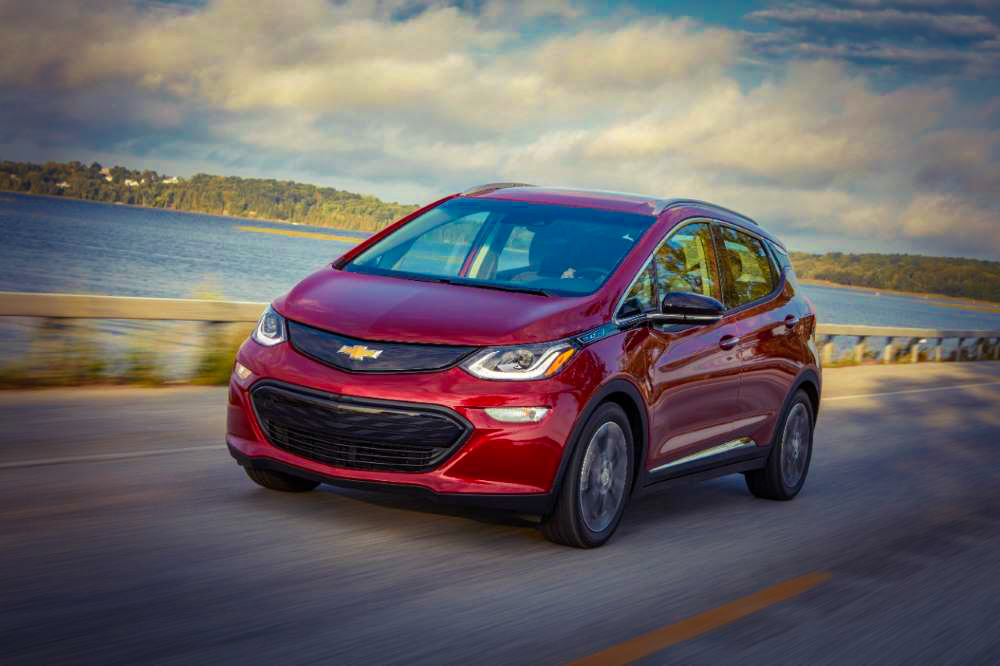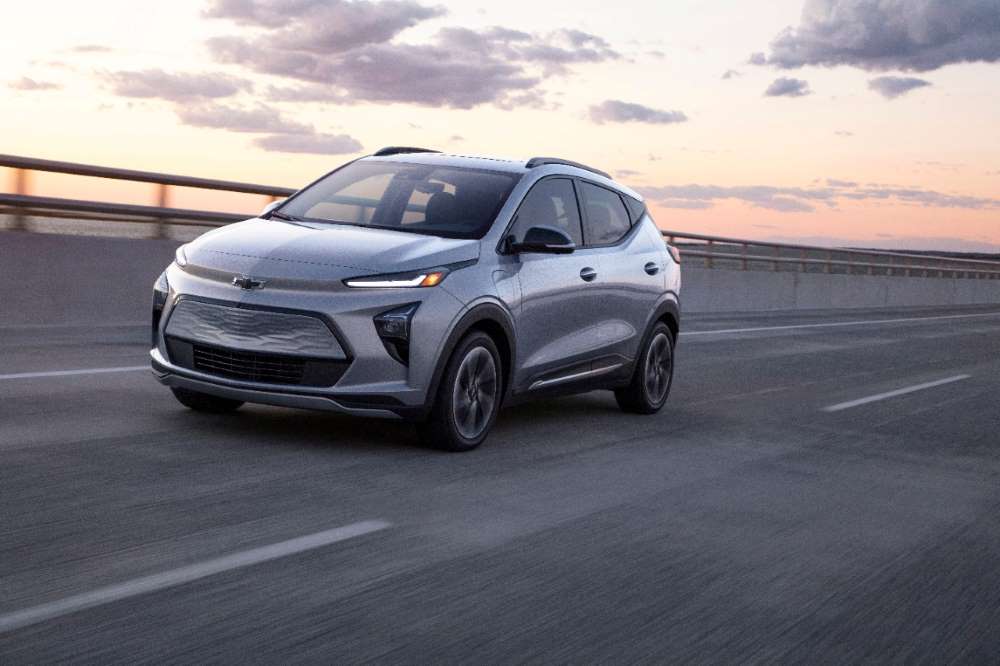Everything Electric: Chevy Bolt Recalls & the Impact on EVs
Sweeping recalls of the Bolt have led some to question EV industry. We say, “Not so fast.”
The last year has been downright chaotic for the all-electric Chevrolet Bolt. After a ton of fanfare, the new 2022 Bolt EV and Bolt EUV (electric utility vehicle) made a splashy debut at Disney World. That was promptly followed by serious recalls that warned of a potential risk of the battery catching on fire. In a surprising move, General Motors then recalled every single Chevy Bolt ever made from 2017 to 2022.
Recalls cited the high-voltage battery pack and cell packs as the issue. GM stated earlier this week that safety experts identified “the simultaneous presence of two rare manufacturing defects in the same battery cell as the root cause.” Repairing the 142,000 EVs is expected to cost about $1.8 billion dollars. It will be a huge financial hit for General Motors and LG Corporation, partners on the Bolt.
In examining the Bolt’s failings, some extended blame to electric vehicles; calling into question the safety and readiness of EVs. In this week’s Everything Electric we take a look at the big story of the Bolt recalls: What went wrong, how it impacts EVs, and why this is not an accurate reflection of e-mobility.
Good Start
Long ago and far away in 2012, General Motors started working on an all-electric compact car. They joined forces with LG, went through many tweaks and redesigns, and the first Bolt EV hit the market in 2017. Lauded by drivers and journalists alike, it snapped up several industry awards. However, the electric ride failed to hit with consumers at first.
Chevy had prepared for resistance, and it had the goods. With 238 miles of range, 200 horsepower and 266 lb-ft of torque, the Bolt had a very friendly $30,000 price tag. Sales started flowing and the Bolt topped sales for EVs–but with numbers still lower than anticipated.
Bad Blood
In a recent statement to the press, General Motors stated that the batteries may have two manufacturing defects; a torn anode tab and folded separator present in the same battery cell. Furthermore, the defective battery cells were produced at LG manufacturing facilities, and that “GM is pursuing commitments from LG for reimbursement of this field action.” LG replied that expenses will be divided based on results from a joint investigation.
This is going to be costly–and it should be. Both companies need to focus on the human cost, not have a slap fight. Consumer confidence follows the strong. In this circumstance, the best display of that would be to take accountability and keep drivers informed.
A Better Look
Production of the Bolt EV and EUV have stopped, and is unlikely to resume. But GM has been very committed to other electric vehicle pursuits. So what can they learn from the Bolt?
First, the risk of complaceny. With EV technology expanding, and the Ultium platform at their disposal, why was GM using the old BEV2 platform? The Ultium platform represents GM’s immediate EV future. Underpinning the Hummer EV and the Cadillac Lyriq, it has a modular battery, electric motors with single-speed transmissions, and integrated power electronics. Giving the 2022 the same platform is questionable.
However, if GM is correct, then this is a manufacturing issue. As it turns out, this specific type of defect is unusual and difficult to identify.
“Batteries are very hard,” Greg Less, technical director of the University of Michigan’s Battery Lab, told the Seattle Times. “When something goes wrong in a cell, the cell goes bad — but not always right away.”
Until all the facts are in, it would appear that this was not a risk because of the materials used, nor is this specific to electric vehicle production. The main problem centers on manufacturing, production, and quality control of suppliers.
Also, as electric and hybrid vehicles start to take a bigger place in the market, we will see more issues and recalls for EVs. This is not uncommon for any new automaker. But EVs represent new power and production, and with that increase in volume on the roads, there will be recalls, just like ICE cars and trucks. And while the vehicles are new, a lot of the technology on board–such as lithium-ion batteries–is decidedly tried and true.
Bottom line is that was the result of two companies cutting corners and losing focus. GM kept the Bolt EV and EUV going; however it felt like a symbolic bridge towards future rides. Without any new updates or a more capable Ultium drive it faced more completion feeling dated and a bit tired.
Did GM handle the recalls well? No. But no one is giving up on EVs yet. Nor should the Bolt should not give anyone reason to. We will hit bumps along the road to electrification, but ideally we will see the evolving industry learn and grow from its missteps.
Photos: General Motors







